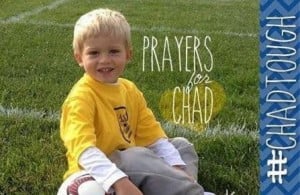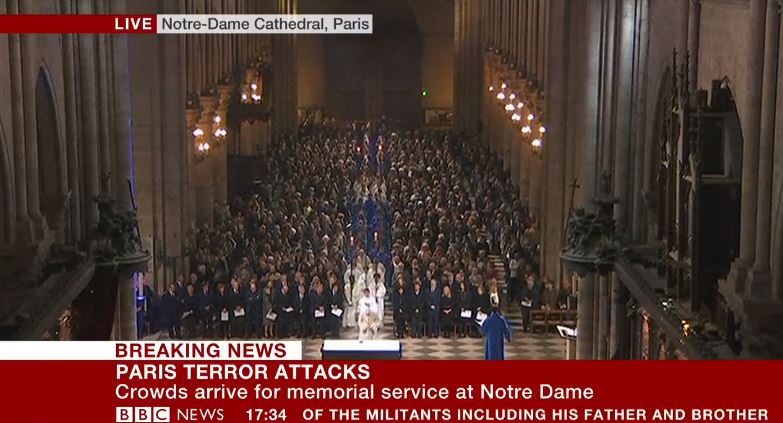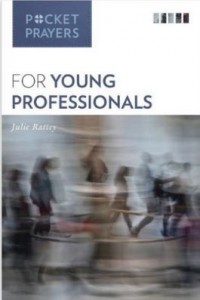This week, North Carolina Governor Pat McCrory signed into law a bill which protects the religious rights of students in North Carolina schools.
The new law, which takes effect immediately, protects student-led prayer–allowing students to pray silently, out loud, alone or with others, to the same extent as a student is permitted to reflect, meditate or speak on nonreligious matters.
Students will be permitted to organize prayer groups and/or religious clubs.
And students will be permitted to express their beliefs in homework assignments, artwork, or other written assignments.
Their actions, however, cannot disrupt the learning process for other students; and they cannot harrass other students to participate. They cannot infringe on the rights of others.
It is good to know that now North Carolina’s college, high school, and elementary school students will enjoy the same religious freedom rights and Constitutional protections that are granted to other Americans.
* * * * *
Fifty-two years ago this week–on June 25, 1962–the Supreme Court ruled in Engel v. Vitale that school-sponsored prayer is unconstitutional. Since then, there has been confusion about students’ right to free speech and freedom of religion, as guaranteed in the Free Exercise Clause of the First Amendment of the Constitution.
Engel v. Vitale ruled that the Regents’ Prayer, which had been implemented across the board in schools in New York in 1955, was unconstitutional. The Regents’ Prayer, which was opposed by the New York Civil Liberties Union, was:
“Almighty God, we acknowledge our dependence on Thee, and we beg Thy blessings upon us, our parents, our teachers, and our country.”
In 1963, the Supreme Court once again ruled against school prayer in the case of Abington School District v. Schempp. In Abington, reading of the Bible in school and other school-sponsored religious activities were prohibited.
And in 1971, the Court ruled in Lemon v. Kurtzman that in order to be constitutional under the Establishment Clause of the First Amendment any practice sponsored within state run schools (or other public, state sponsored activities) must adhere to the following three criteria:
- Have a secular purpose;
- Must neither advance nor inhibit religion; and
- Must not result in an excessive entanglement between government and religion.
The rulings against state-sponsored religious expression point to the tension between the Establishment Clause, which proscribes state sponsorship of religion, and the Free Exercise Clause, which forbids state interference in individual religious exercise.
And that tension has resulted in frequent misunderstandings and misapplications of law by teachers and school districts–denying children the rights which our Constitution guarantees.
There’s this story from 2008, in which a Wisconsin student sued after being given a failing grade on an art project for drawing a cross and a biblical reference. Other students in the same class were permitted to draw demonic images.
In Fort Lauderdale, Florida, a student was humiliated in front of the whole class when the teacher spotted him reading the Bible during free reading time.
There is this case, earlier this year in Oviedo, Florida, in which a five-year-old girl was told by her lunch monitor that she is not allowed to pray.











